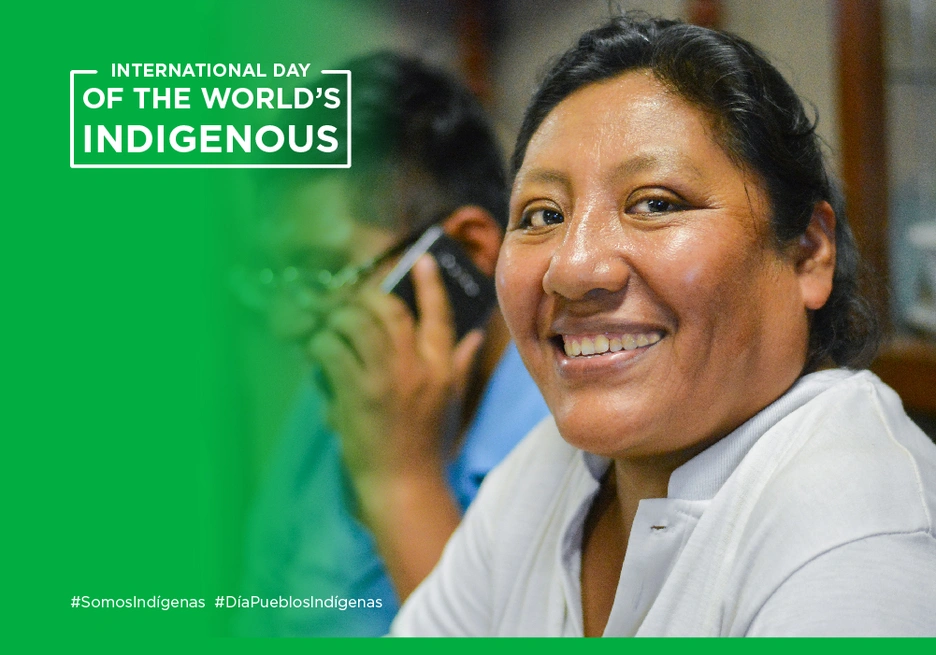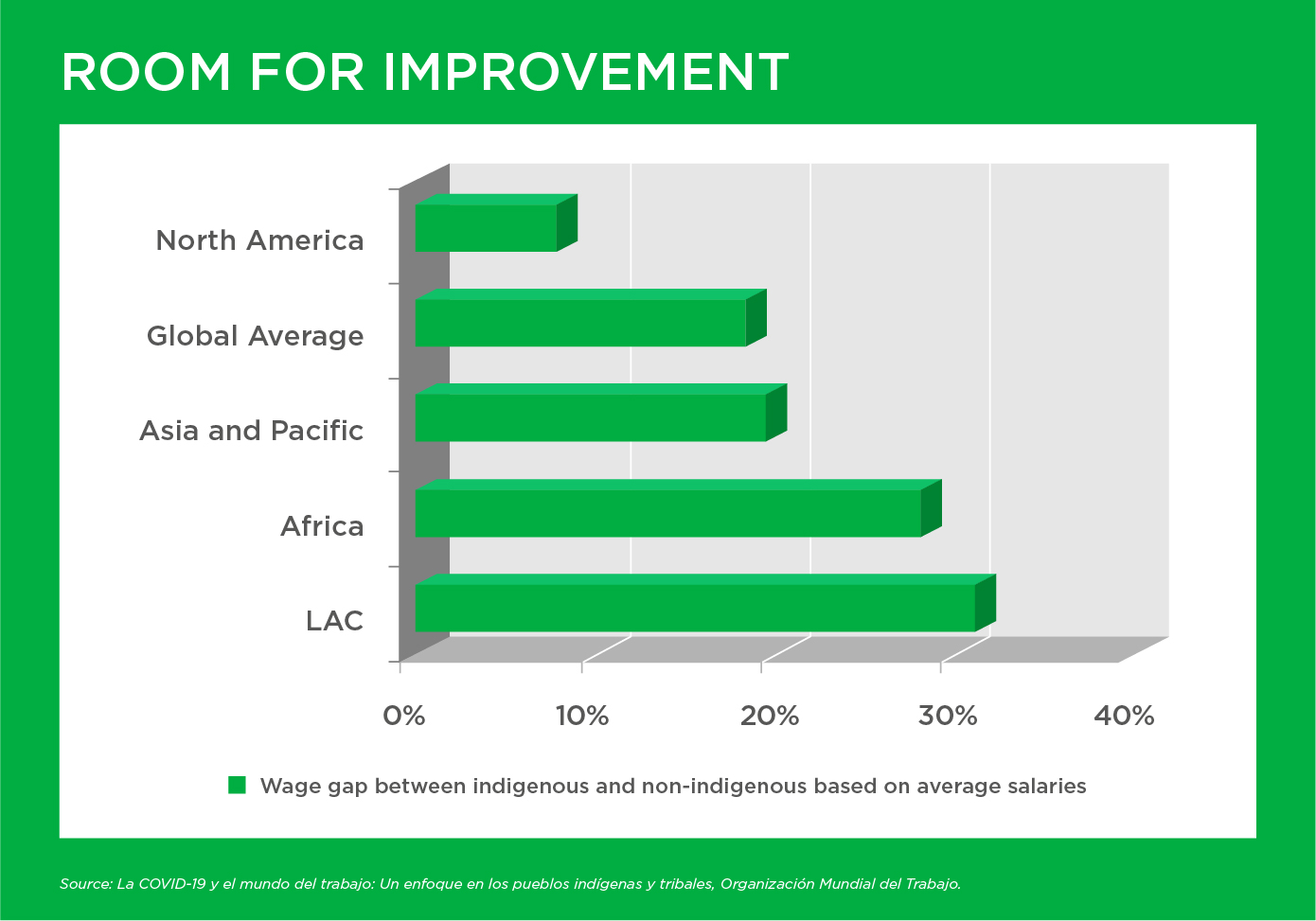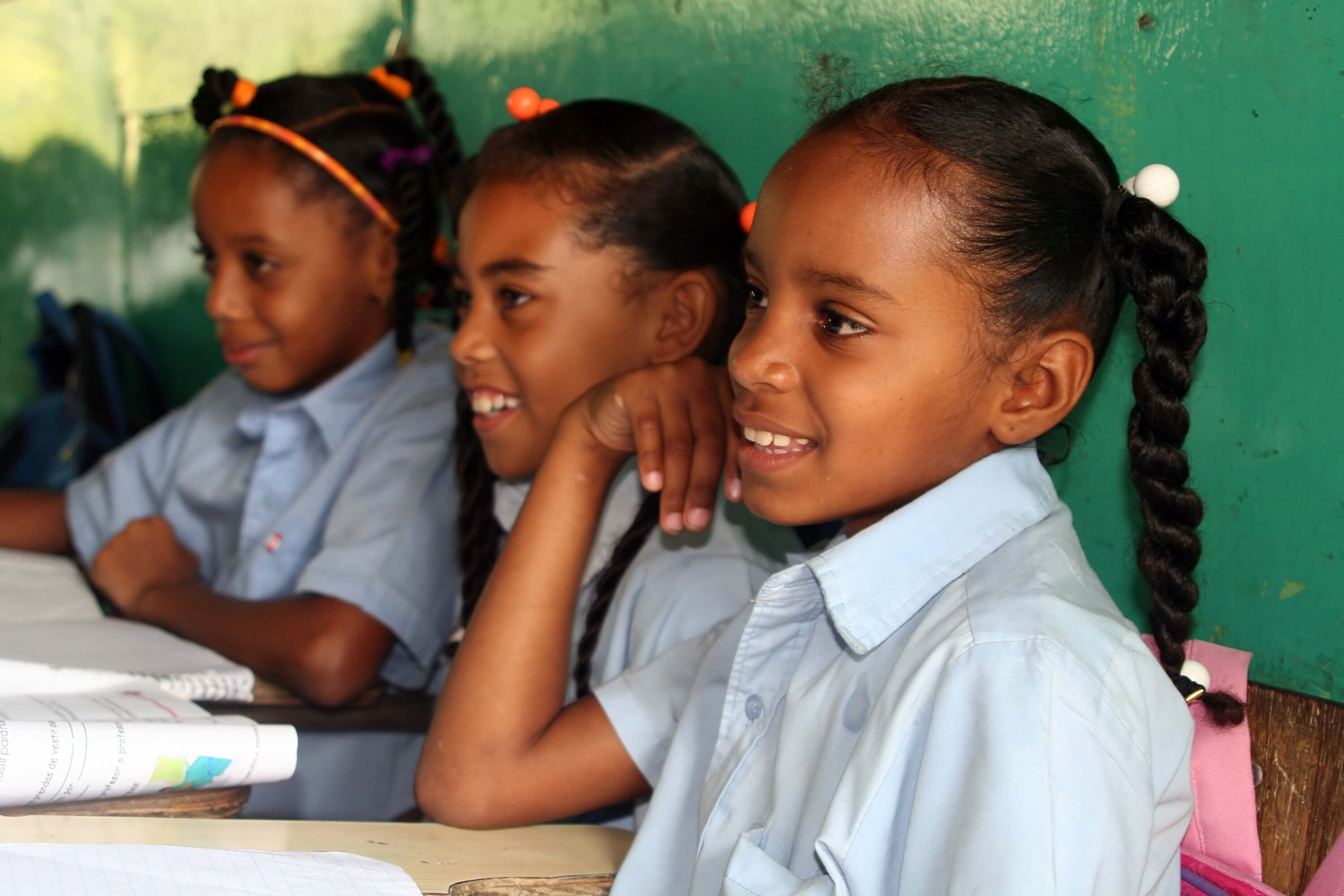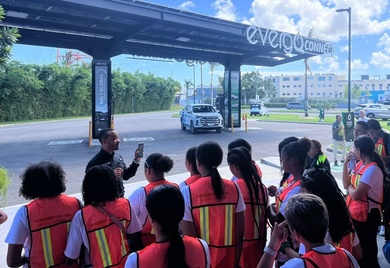How to Ramp Up the Social and Economic Contributions of Indigenous Peoples

In the discussion about the contribution of Latin America and the Caribbean’s (LAC) indigenous peoples to the recovery from the COVID-19 pandemic, more weight should be given to boosting their role in the economy, and to highlighting the value of their natural, cultural and social heritages.
Around half of the indigenous population of LAC lives in cities while keeping ties with their original communities. However, due to the segmentation in the labor market, and the scarcity of culturally-relevant public policies, their impact on economic activity is lower than in developed countries such as Canada, Australia and New Zealand: in the latter, for example, recent estimates are that indigenous-owned companies (mostly Maori) account for up to 8% of the country's gross domestic product, well above comparative figures in LAC.
Having overcome the traditional inclusive approach, the IDB group promotes development with identity: the preservation of the characteristics of indigenous peoples while maximizing their potential to contribute to recover from the crisis, one of the key themes of the International Day of the World's Indigenous Peoples last Sunday.
You may also like:
- Lessons from a Success Story: Private Port Operators in Latin America and the Caribbean
- How Can Latin America Attract Foreign Investment in Times of COVID-19
- Indigenous peoples show the way
The private sector must see the opportunity that exists in communities that – along with women, Afro-descendants, LGBTQ + and people with disabilities – are below the region's average in almost all labor and productivity statistics. The public sector, meanwhile, must help create opportunities for indigenous businesses and lower their access barriers to financing. This is the case of Australia and Canada, which have public procurement policies and national strategies promoting the development of the indigenous business sector.
The perception that indigenous people don't want to integrate, and don't want to participate in the economy of the 21st century, is still very widespread in LAC; same with the idea that indigenous people live in "backward" societies that change little over time. Racism and rejection of the ways of life and exercise of indigenous peoples' collective rights are also widespread.
This is evident in the employment statistics compiled by the International Labor Organization, which show that the percentage of formally-employed indigenous people in LAC is far lower than in other regions, such as North America. Also, the pay gap between indigenous and non-indigenous people in Latin America and the Caribbean is higher than anywhere else in the world, at 31.2% on average, compared to 7.9% in North America, the result of multiples issues.

A key problem is that, although employment levels are high among indigenous people in LAC, much of this is accounted for by low-quality employment in the informal economy. According to the ILO, LAC has the largest gap in this area, with 82.6% of the region’s indigenous employment concentrated in the informal sector, compared to 51.1% among the non-indigenous population; a difference of more than 30 p.p., compared to the global average of 19 p.p.
Still, there have been advances in recent years. In Panama, the IDB approved a $40 million loan last year for a program that will grant lines of credit to nearly 1,400 indigenous entrepreneurs and creates specific instruments for access to financing and indigenous business development.
In Ecuador, IDB Invest has been involved in two projects, Tiendas TIA and DesdelSur, which collaborate with indigenous businesses that are already part of the supply chain and seek to expand their operations and generate jobs nationwide. TIA received a loan of $40 million, while that for DesdelSur is worth $30 million.
The International Day of the World's Indigenous Peoples is an opportunity to reflect on how the private sector can increase its own potential – through arrangements and alliances that meet market demands, as well as abide by basic cultural considerations – to grow its business and contribute to the expansion of regional economies.■
LEARN HOW IDB INVEST CAN OFFER YOU SOLUTIONS HERE.
SUBSCRIBE AND RECEIVE RELATED CONTENT |
| [mc4wp_form] |
LIKE WHAT YOU JUST READ?
Subscribe to our mailing list to stay informed on the latest IDB Invest news, blog posts, upcoming events, and to learn more about specific areas of interest.
Subscribe



